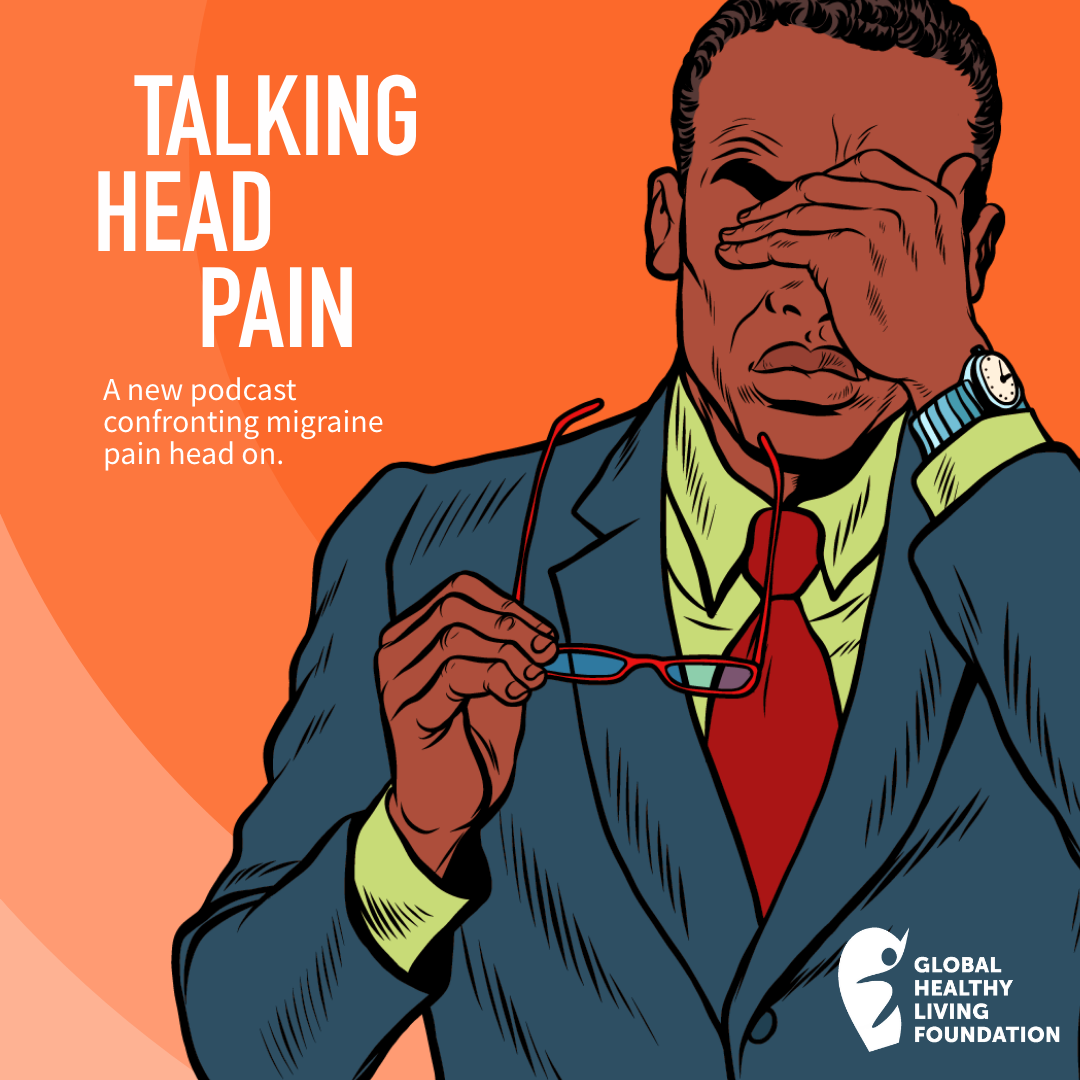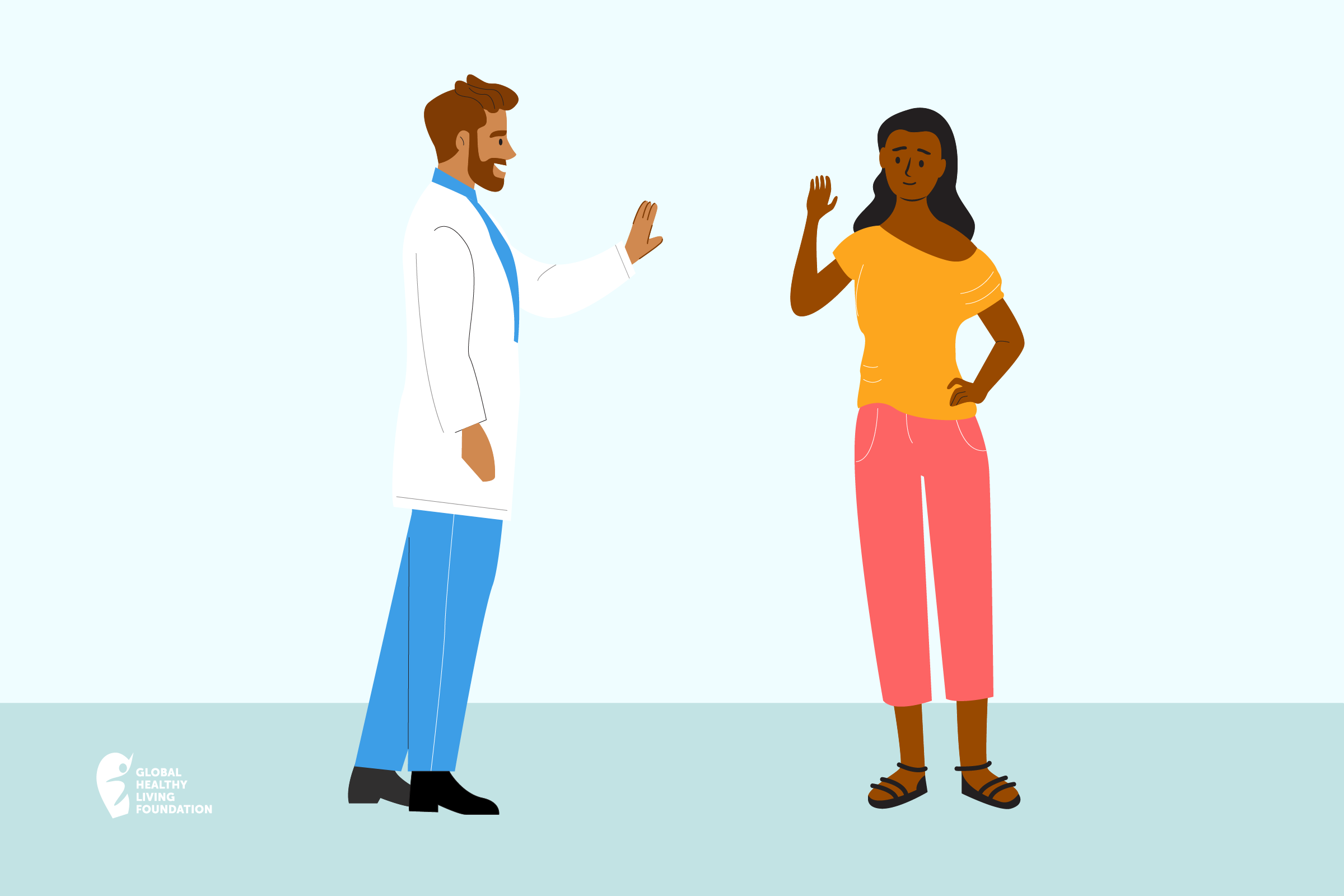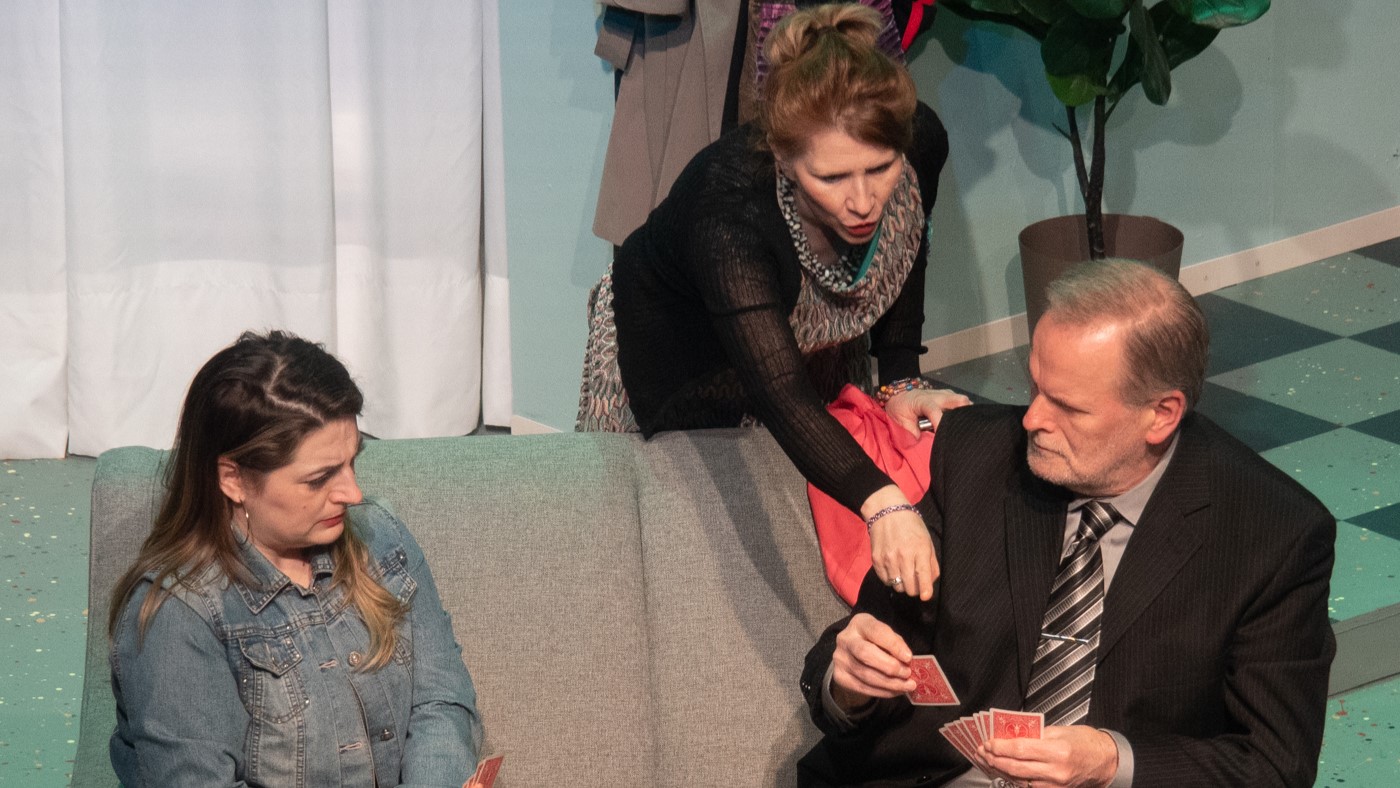Comparing yourself to someone else seems to be so ingrained in us that I’m beginning to think it’s genetically based — or maybe a deep-seated cultural phenomenon. Grading your performance starts early and this “comparitis” continues to be part of everyday life. We use it as motivation and inspiration, and sometimes, to make ourselves feel better. But is it actually helpful?
When you live with rheumatoid arthritis (RA), or any other type of chronic illness, comparing yourself to others can hurt yourself and them. We live in a culture based on competition — which includes comparison — and there will always be someone better or worse off than you. So how do you disconnect from the urge to compare and find acceptance with your own RA reality?
When Comparison Hurts You
I’ll never be able to do anything like she can.
When you look at someone who appears to be able to do more than you can or has more skills, ability, success, or better health, it’s a recipe for depression and devastation. Whatever you use as a basis for comparison takes on added importance, focusing your worth only on what you don’t have or can’t do. What’s more, it blocks out all the other reasons you are a wonderful and worthwhile human being — all of which cease to matter in the face of this one thing that’s worse than someone else’s life or ability.
Social media isn’t the only cause of this, but it does fan the flames. We know that people curate their posts to fit a brand image with very little room for the messy truth that all of us are struggling with out of camera range,.yet it’s hard to remember this in the face of how you feel. I’ve been there myself, in the past and likely as recently as a few minutes ago. It’s a lightning moment of a comparison that ends up with me putting myself down. It takes work to come back from that, to remind yourself of your own value over and over again.
When Comparison Hurts Other People
Some people are much worse off than I am, so I shouldn’t complain.
I can’t tell you how often someone has told me that they themselves shouldn’t complain about having a hard day or a backache (say) because I appear to be coping well with my chronic pain, disability, multiple chronic illnesses, and so on. Inevitably, this makes me feel slightly slimed by the implied pity and stigma. I might be perfectly happy with who I am, yet in that moment I am judged inferior, pitiful, and less-than.
The act of using someone as the person who is “worse off” is a judgement that doesn’t belong in a relationship of any kind, not even with strangers. Not only does it push the other person down, but it also negates your own emotions. Telling yourself that you aren’t allowed to feel upset about how RA is affecting your life invalidates some very real feelings that quite likely are very appropriate to your situation.
Your RA should be seen in context of your life. For instance, if you used to be an athlete and can no longer exercise, it’s reasonable to have feelings about that. Or maybe you used to be able to clean your house and then go out dancing with friends afterwards and now vacuuming puts you on the couch for the rest of the day. That’s objectively a crappy situation.
Likewise, my being a wheelchair user because RA affected my ability to walk is irrelevant to your experience with RA. Denying your grief, anger, and depression about how RA has changed your life leaves no space to process these feelings and then move on to a better life with your condition.
Four Tips to Stop Comparing Yourself
Unlearning the urge to compare yourself to someone else is very much a process that can take a long time (I’m still working on it). The following four tips can get you started on the journey:
Acknowledge your feelings
Remember you have a right to your feelings, whatever they are. Pay attention to how you feel and instead of immediately dismissing it or telling yourself that you’re being dramatic (I’ve been there), allow it to be present. Sit with it for a while and acknowledge that this is how you feel about a particular situation.
Consider finding a therapist if you feel that having guidance in this process would be helpful. You can ask your family doctor for a referral or check out the search function on the Psychology Today website for someone in your area.
Be kind to yourself
We’ve been raised to be kind to others, but rarely to show the same care and consideration toward ourselves. I believe that’s one of the reasons we so often beat ourselves up. Whenever I’ve caught my brain doing negative self-talk, it’s nasty and mean statements I’d never tolerate anyone else saying to a friend. So why should I say them to myself? Show yourself some love and understanding too. When you notice the negative thinking directed at yourself, stop and remember that no one is allowed to speak to you that way, not even yourself.
Limit social media
Social media can be a wonderful tool for those of us who live with chronic illness. It’s where I’ve found a community I treasure and made a lot of good friends. But too much time spent on social media isn’t good for me — it feeds that thing I call “comparitis.”
We’ve all seen the articles that suggest we carefully curate our social media feed, unfollowing anyone who makes us feel bad, and it is good advice. Limiting your time on social media is equally valuable. So often, checking a platform happens before we really think about it, so keep your social media icons off your home screen. During times when social media fans those comparison flames, consider removing the apps from your phone entirely.
Practice knowing your worth
If like me, you tend to underestimate how wonderful you are, try to teach yourself to stop. For instance, learn to accept compliments with a simple thank you, rather than getting awkward. You can also try to give yourself compliments — for a month, write down something you love or like about yourself every day. The first week or two is pretty easy, but then you start having to think about some deeper reasons to appreciate yourself.
Keeping a gratitude journal can also help you enjoy your life more. Every evening, I write down three things about the day that you enjoyed, are grateful for, or that made you smile. In my experience, it’s a sure-fire way to start loving your life a lot more.
Paying attention to the comparison game might make you realize how ingrained it is in our lives and our culture. You’d be surprised how much more peaceful and joyful life can get when you deliberately begin to undermine the impulse and start to be kinder to yourself.
Stay in Touch with CreakyJoints Canada
Part of the nonprofit Global Healthy Living Foundation, CreakyJoints is a digital community for millions of arthritis patients and caregivers worldwide who seek education, support, advocacy, and patient-centered research. All of our programming and services are always provided free of charge. As we grow CreakyJoints Canada we want to hear from you. Please join our email list to stay connected, learn about new content and initiatives, and send us suggestions and ideas.






